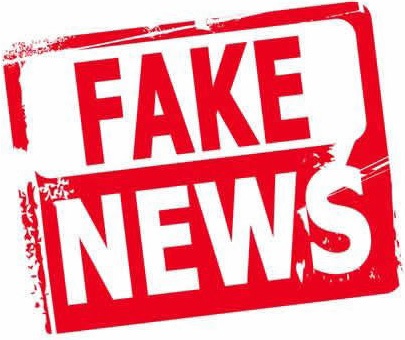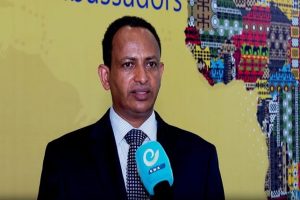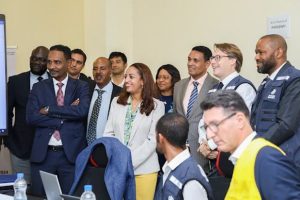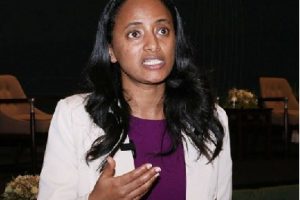
Fake news has been a growing concern in Ethiopian politics and business for a number of years and it is contributing to decrease trust of mainstream media and increase misinformation and further radicalization, journalism experts say, call for comprehensive effort from all actors.
After it was put on the international map after the 2016 U.S. Presidential Election, fake news gained notoriety afterwards and was named the term of the year in 2016 and 2017. Since then, it has been inciting distrust and confusion in political and other discourses. Fake news is an oxymoron; as news is true by its definition, and if it is not true, then it is not news.
Speaking to The Ethiopian Herald, Journalism and Communication Associate Professor at Addis Ababa University, Dr. Mulatu Alemayehu says that fake stories have been instigating conflict and creating hate among people, thereby posing imminent danger on the safety of the public as well as the peace and stability of the country.
Noting the previous practice of producing fake news to sell newspapers, Dr. Mulatu states that now the activity has shifted to provoking conflict, creating hate among people and demonizing and undermining individuals and groups that have differing views. “This has played a role in creating confusion and an air of distrust within the general public.”
He points out that government entities, organizations and individuals alike have been engaged in fabricating false information to spread their views, to make money, and gain political and social upper hand.
“While the government utilizes fake news to influence public perception in specific issues, individuals tend to use it as a means of identity building as social media users are incentivized through likes, shares and comments to create content that will resonate with their friends, followers and groups.”
As to Dr. Mulatu, some journalists are also engaged in yellow journalism, like sensationalizing news for monetary gain, for instance. Also, there is a growing tendency among opinion leaders to use media as a manipulative tool to gain status and fame.
Mentioning the vital role social media could have in bringing tangible achievements in creating the platform to public discourse and mobilize the society for common good, the expert argues that the advent of Facebook and Twitter have remained instruments for exploding of fake news.
Sharing the above rationale, Dr. Yohannes Shiferaw, Lecturer of Journalism and Communication at Addis Ababa University says that social networks, blogs and wikis have remained powerful tools to publish, distribute and consume disinformation due to the absence of the traditional gatekeeping role of the mainstream media.
According to Dr. Yohannes, fake news and disinformation are symbols of a larger societal problem in Ethiopia, and the manipulation of public opinion is eroding the peace and stability of the country, and the long-cherished value of tolerance and mutual existence of the society. Without reliable information, it will be hard for democracies to function, because it may continue to shape people’s attitude even when disinformation has been revealed.
Commending the government’s initiative to draft law on hate speech and disinformation, the expert notes the decree would have a crucial importance to combat false information and regulate the conduct of both mainstream and social media in fake news, hate speech and illegal material.
Furthermore, the media houses should be more professional and ethical, and they have to avoid publishing unchecked information and spreading disinformation and misinformation.
They also need to employ Fifth estate fact-checking to provide verifiable information.
By the same token, Dr. Mulatu says that media should be proactive to detect and uncover new cases and form of disinformation and need to send verifiable information to the public.
“Other approaches to combat and counter fake news have been directed at readers, viewers and listeners of information,” he indicates, adding that media and information literacy and education can help children and students to navigate between trusted and less trusted online. The media literacy would also empower the audiences to distinguish what is news, disinformation and misinformation.
Both scholars highlight that journalists should be accessible and present on all platforms, help users find a good content whenever it is. “The journalists should add value, insight, experience and context in every news content they present.” The media practitioners are also expected to be truthful in fact checking, balancing and accuracy, ensuring transparency, and in being accountable.
The task of countering fake news can neither be fulfilled by the single government entity nor the journalists and media management only, rather it requires the collaboration of various actors from the academia, professional associations, opinion leaders, civil societies, and, most importantly, from the community at large, they comment.
The Ethiopian Herald December 31/2019
BY BILAL DERSO





